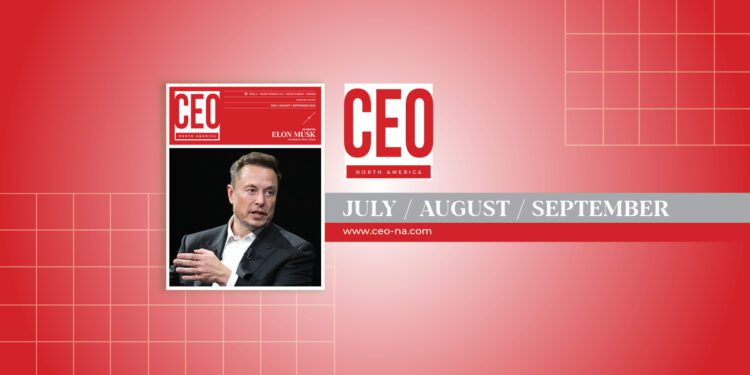OpenAI CEO Sam Altman’s predicted that AI will replace 95% of creative marketing work, leaving many industry professionals concerned about job security. However, workers have historically always feared being replaced by machines, which is now extending to creative fields, wrote Meet The People’s Tim Ringel for The Drum. Research, such as a 2017 NBER study and a 2023 MIT paper, shows that each new robot correlates with significant job losses, suggesting AI could similarly impact the creative industry.
However, these studies often hedge on the actual danger posed by automation. The book Shifting Paradigms points out that workers using machines are more productive, which can reduce costs and create new jobs. The International Federation of Robotics also claims robots augment rather than replace labor, suggesting systematic issues within companies are the real culprits behind job losses and wage inequality.
For creatives in marketing, the transition to AI will be challenging but not insurmountable. Like factory workers, those who quickly adapt to AI tools will remain relevant. The marketing field has always evolved, with creatives constantly needing to adapt to new technologies. Unlike programming, which AI can easily replace, creative work remains difficult for AI to master. Therefore, creatives must integrate AI tools into their daily activities to stay competitive.
4o












